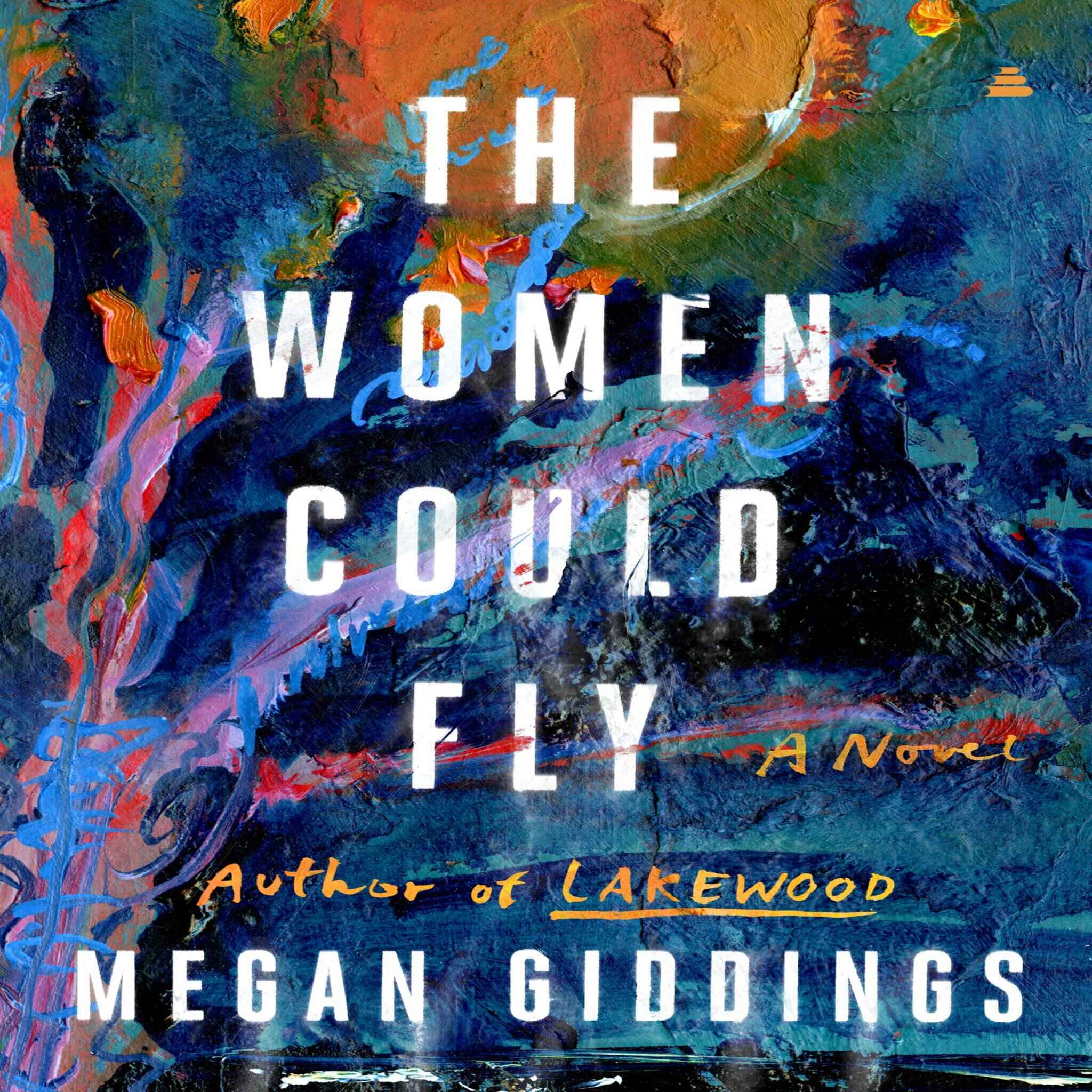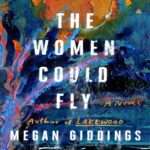It’s been a while since this dyed-in-the-wool fan of speculative and (often) dystopian fiction found a novel that I found truly captivating, with world-building that felt even more chilling because of its believability. The Women Could Fly is such a novel.
Following her critically acclaimed 2020 debut novel, Lakewood, author Megan Giddings has once again created an alternate reality that hits disturbingly close to home to our modern world—a world where a dangerous mixture of extremism politics and religion pose a continued threat to society, especially in its treatment of women as subjects to men. In this novel’s alternate reality, women must register by age 28, unless married. If a woman is not married by age 30, she is a witch, her every step and activity under surveillance, her autonomy sacrificed. If this woman is of color, the surveillance is even more strict. If she is anything other than cis, well… There are no allowances for this deviation from the “norm.”
Magic is for Women
This is not a Handmaid’s Tale story of repression and exploitation. It is not truly a morality tale (even though it is). Rather, it is an examination of repressive social systems as seen in one young woman’s eyes. It is also an examination of mothers and daughters, parents and children; about abandonment, about race, about finding joy and laughter in a world where you do not fit in. It’s also about witchcraft, which, in this altered reality, is very real, and the sole property of women.
The Women Could Fly is not a diatribe vented from a dissenting voice. Instead, we get a character, Josephine—Jo—who chafes against society’s dictates, and rebels through circumvention rather than revolution. She is a young biracial woman who drags her heels at what is demanded of her, not on general principle (although there is that) but because she struggles with other issues; mainly, the disappearance of her mysterious mother when she was 14, which exposed her to media sensationalism and scrutiny, societal suspicion of her father, and the assumption by many that her mother had succumbed to witchcraft (and she therefore must also be a witch).
What complicates Jo’s life is that she can feel magic inside her; she experiences strange circumstances which seem intrinsic to her, but that she must keep secret and cannot explore. With no mother to guide her, and a father whose primary response is to deny, Jo grows up familiar with magic but unable to truly experience it.
A Strong Main Character
Jo’s life moves from abeyance to finality when, after 14 years, her mother is declared legally dead. Now that Jo is 28, the decisions that confront her have her conflicted and petulant, exasperated because so much has been denied her. When she sets out to perform her mother’s last wish as unearthed in the woman’s will, Jo suddenly finds the familial community she had longed for so often. This makes the decisions that confront her even more difficult.
Even when the story drifts into the fantastical, The Women Could Fly is a very approachable book, mainly because of the strength of its main character, Jo. When we are seeing the world through her young eyes, navigating the loss of her mother (who she didn’t understand yet adored, who knew the pull and the threat of magic), we are seeing a practical person, one with a sense of survival (first from her domestic situation and then from the broken family, and finally as an untethered, nontraditional young woman in a highly misogynistic society), yet full of wit and humor (a wicked sense of humor!), and a candid honesty, including an understanding of needing to keep so much of herself hidden from all but the closest of allies.
A Life Beyond the Page—Examining My Own Expectations and Reactions
What really grabbed me with this book was how it made me examine my own expectations and reactions. Without spoiling the narrative, I found myself confused by Jo’s actions, wondering why she wasn’t asking the questions that I would have been screaming. I felt frustrated by Jo’s unwillingness to accept that embracing what is expected of her may not mean acquiescence or capitulation, if it truly feels like the right thing to do. And then I realized my reaction was because I was projecting myself on Jo, and not allowing her to be complex. I was not considering her whole being, instead identifying only with what I saw of her in myself and discounting, rebelling against the rest. Just as the fictional Jo is unwilling to be defined by all the conventions swaddling her life, so author Megan Giddings does not allow Jo to be limited by the reader experiencing her. Instead, Giddings, without guile, refuses to explain and shows the validity of the path that Jo chooses.
I absolutely enjoyed this book. It confused, terrified, charmed and captivated me. It left me pondering the state of our own reality, our own world, long beyond the novel’s last pages. A timely book, yes, given the institutionalized misogyny that confronts women today. More than that, it’s a book about relationships, personal choices, and a woman’s personal truths.
And it’s wonderful.
—Sharon Browning
As an Amazon affiliate, LitStack may earn a commission at no cost to you when you purchase products through our affiliate links.



